Shapes and Angles - 2 Class 5 Worksheet Maths Chapter 2
Q1: Fill in the blanks.
(i) The measure of a straight angle is _______.
Ans: 180 degrees
A straight angle is like a straight line. It measures 180 degrees.
For instance, picture the hands of a clock. When the minute hand points at 12 and the hour hand points at 6, they create a straight line. That is a straight angle!

(ii) One-third of a right angle is _______.
Ans: 30 degrees
A right angle measures 90 degrees.
To find one-third of it, you divide 90 degrees by 3:
90 / 3 = 30 degrees
(iii) When two lines meet each other _______ angles are formed.
Ans: Four
When two lines cross each other, they make four angles.
Imagine you have two sticks that cross in the middle. Where they cross is called the intersection. At that intersection, you can see four corners, and each corner is called an angle.
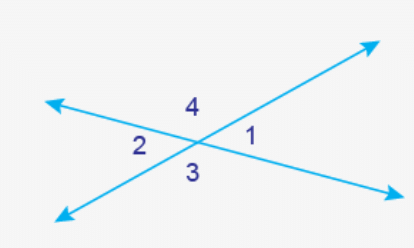
(iv) An angle whose measure is less than 90 degrees is known as _______.
Ans: An acute angle
(v) An angle whose measure is 90 degrees is known as _______.
Ans: A right angle
Right Angle: Remember that a right angle measures exactly 90 degrees. It looks like the corner of a square or a rectangle.
Acute Angle: Now, if an angle is smaller than that—like when you open a door just a little bit—that’s called an acute angle.
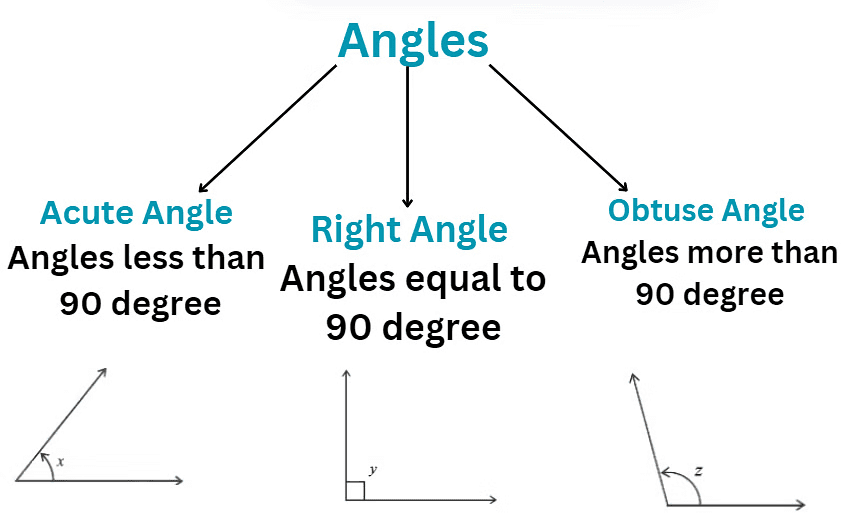
(vi) Angle made by two right angles is a _______.
Ans: Straight angle
A right angle measures 90 degrees.
When you put two right angles together, you add their measures:
90 degrees + 90 degrees = 180 degrees
An angle that measures 180 degrees is called a straight angle, which looks like a straight line.
(vii) Half of a right angle is _______.
Ans: 45 degrees
A right angle = 90 degrees
Half of a right angle = 90/2 = 45 degrees
(viii) Sum of the angles of any triangle is _______.
Ans: 180 degrees
If you have a triangle with angles measuring 85 degrees, 50 degrees, and 45 degrees, when you add them together:
85 + 50 + 25 = 180 degrees
So, in every triangle, the angles always add up to 180 degrees!
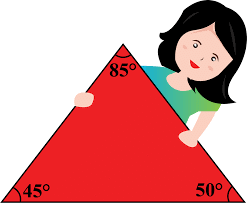
(ix)The angle formed between the hour and minute hands at 3 o'clock is _______.
Ans: 90 degrees
At 3 o'clock, the hour hand points at 3, and the minute hand points at 12.
The angle between the two hands is a right angle, which measures 90 degrees
(x) An angle whose measure is greater than 90 degrees is known as _______.
Ans: Obtuse angle
If you draw an angle that measures 120 degrees or 150 degrees, both of those are obtuse angles because they are greater than 90 degrees but less than 180 degrees.
Q2: Identify the types of angles in the word and fill out the table below:
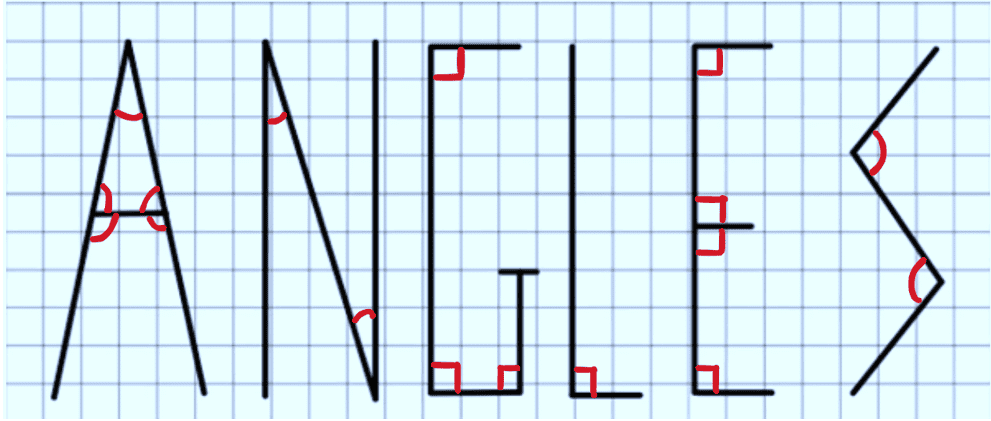

Ans:
Q2: Answer the following following Questions.
(i) The sum of 2 angles in a triangle is 100 degree. What is the measure of the third angle?
Ans: Given: Sum of 2 angles = 100 degrees [i.e., angle 1 + angle 2 =100 degrees ]
Sum of all the angles of triangle =180 degrees
Angle 1 + angle 2 + angle 3 = 180 degrees
100 + angle 3 = 180 degrees
Angle 3 = 180 degrees - 100 degrees
Angle 3 = 80 degrees
(ii) Classify the following angles as acute, obtuse and right angle.
(a) 120 degrees
(b) 50 degrees
(c) 90 degrees
(d) 30 degrees
(e) 150 degrees
(f) 2 x 45 degrees
Ans:
(a) 120 degrees – Obtuse angle
(b) 50 degrees – Acute angle
(c) 90 degrees – Right angle
(d) 30 degrees – Acute angle
(e) 150 degrees – Obtuse angle
(f) 2 x 45 degrees – Right angle
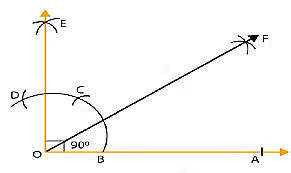
(iii) Write five English alphabets where you see a right angle.
Ans: E, F, H, L, T
(iv) Write the name of the angle formed when the clock time is
(a) 7.15 pm
(b) 9’ o clock
(c) 11’ o clock
Ans:
(a) Obtuse angle
(b) Right angle
(c) Acute angle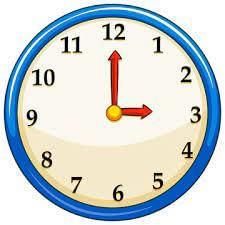
(v) What is the measure of the angle formed by the hands of the clock at
(a) 1’ o clock
(b) 2’ o clock
(c) 3’ o clock
Ans:
(a) 30 degrees
(b) 60 degrees
(c) 90 degrees
|
31 videos|169 docs|41 tests
|
FAQs on Shapes and Angles - 2 Class 5 Worksheet Maths Chapter 2
| 1. What are the different types of angles in geometry? |  |
| 2. How can I measure angles using a protractor? |  |
| 3. What is the importance of learning about shapes and angles in Class 5? |  |
| 4. Can you explain the difference between 2D and 3D shapes? |  |
| 5. How can I find the sum of angles in a polygon? |  |






















